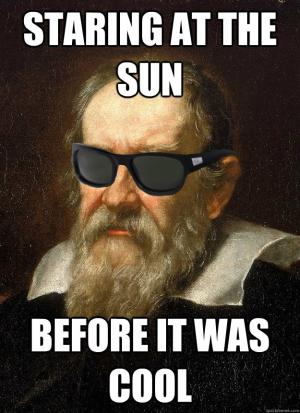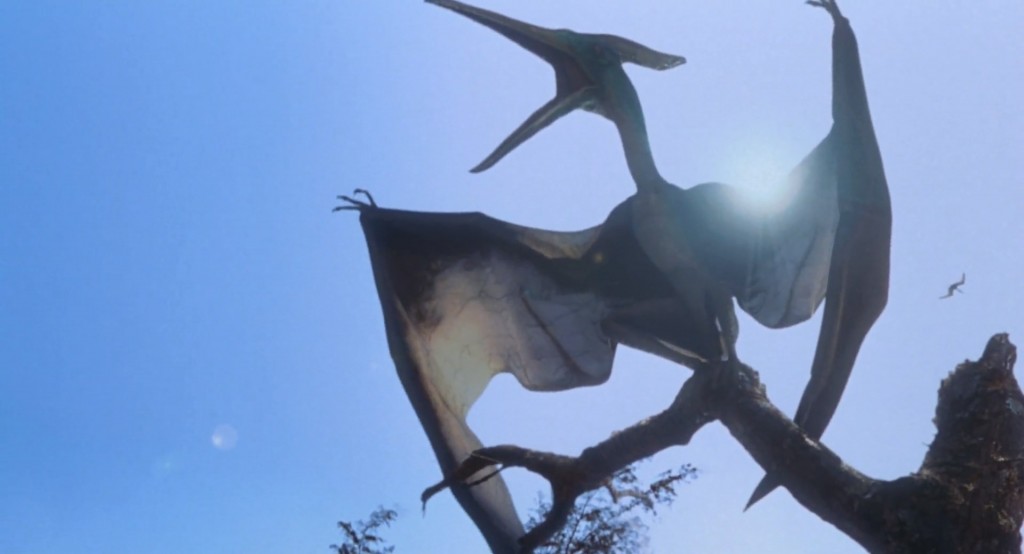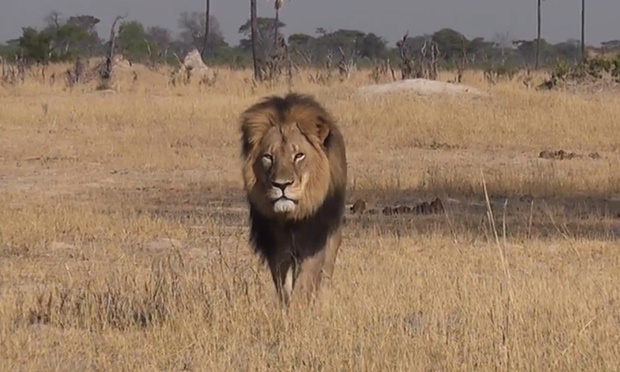by Michael Dhar

This guy gets really excited.
But it seems justified. The man totally geeking out over nature in the above video is Steve Backshall, a British naturalist and television host. In this clip, he’s hosting a program for British television called “BBC Big Blue Live,” when that very same “big blue” occurs in a very much “live” fashion. Having just asked a whale expert, “Is this a remarkable moment in time?” (first rule of journalism: ask leading, yes-no questions), the moment in time turns, in fact, remarkable. I challenge you, can you be so snarky as to not smile when that profusion of piping, British enthusiasm declares that a real big blue has surfaced to say hello?
I like this video not in spite of Backshall’s outburst, but because of it. It invites the viewer to imagine the experience of seeing this creature. The emotive force of Backshall’s reaction may not exactly convey what the experience feels like, but I think it inspires the viewer to attempt to imagine it — to put some mental and emotional effort toward conceiving of him or herself in the presence of such a gigantic animal. What must this be like to cause such an outburst?
What that work of imagination, it becomes something more than simply estimating a thing of great size. It becomes an experience of something sub-verbal, an appreciation of the natural sublime: the natural world, so large and awe-inspiring, that it is failed by words. The thing about this gigantic animal is that it cannot be adequately described linguistically. Of course, it can be measured. And Backshall uses his words to do that — it is bigger than any dinosaur; it would be longer than his ship were it to swim up alongside it.
But those are merely words. The *experience* of seeing this whale is in his voice. It is unusual, clearly, to see a grown man emote like a toddler in the presence of a really cool fire truck. One response to seeing this on the Internet would be to toss a snarky grin, and comment accordingly. Another is to see it as evidence of something powerful being experienced, and to wonder at what that must be like.
On the one hand, “This thing is a really big thing,” is an exceedingly boring fact to learn or experience. Some things are bigger than other things. I am aware if this fact. But part of what makes a blue whale so intense, at least for this man (and many others), is that it is living — not only huge, but also alive. It does what we do — breathes, moves, eats, fears, communicates, dies — feels its own mass shift and turn in the cool water. And it does all this at a size that is nearly incomprehensible to us, at a size that leaves this experienced TV broadcaster nearly breathless.
So, that’s what I found myself thinking about. It’s by no means the only way to try to understand what Backshall experiences here, but one way in is to wonder at another experience: the whale’s. What can that be like, to own a body like that, to *be* a body like that? It is a mysterious and transformative question. Maybe that’s what Backshall was experiencing as he went all adorable on national television: a mysterious kinship with a creature that is yet alarmingly alien. His outburst was him expressing the energy of that collision. The presence of that mystery.
Of course, maybe he was just excited because he likes whales, and this was going to be a good moment for his TV show. But I do sense a real desire on his part to express the inexpressible. And simply by making the attempt — and failing — he may have succeeded.











